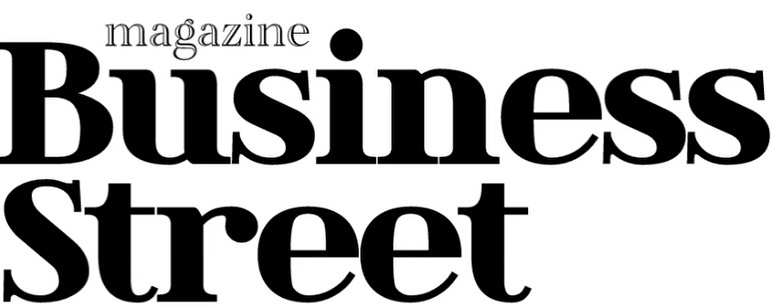The influence of Mark Zuckerberg
The idea of a contentious visionary spans the globe
Mark Zuckerberg.
A Harvard student has an idea, implements it, becomes the youngest billionaire in history, and within two decades, transforms global society. This story begins in a dorm room at Harvard University, Boston. The 19-year-old Mark Elliot Zuckerberg gets the idea to create a ranking among students and hacks the university's system to get the data. Up to that point, it might have been just a whim, but Zuckerberg quickly recognizes the potential of this idea. It becomes a vision that drives him.
A small network becomes incredibly large
Initially, Zuckerberg is driven by the goal of having all students connect with each other to escape the anonymity of campus life. You're young and want to live, experiment, and take your mind off studying. Connections with other universities follow, for example with Boston University. The project grows. Zuckerberg's classmate Eduardo Saverin provides the still manageable funding at the time. Dustin Moskovitz advances the technical implementation, recruiting young programming talents. Soon, having a Facebook profile becomes the standard. People share their news, pictures of homemade potato salad, and soon selfies also make their way into the world. Members feel a sense of belonging, seen, and enjoy the digital communication upgrade. Every like brings a feeling of happiness. Critics soon speak up, warning about data misuse and the mental damage caused by media consumption, which also involves a loss of authenticity.
A pioneering spirit prevails in Silicon Valley
In 2004, Mark Zuckerberg meets Napster founder Sean Parker. He becomes a mentor to the young founder and also Facebook's first chairman, connecting Zuckerberg with important investors in Silicon Valley. Peter Thiel is the first to invest in the project in July 2004, acquiring three percent of the company for half a million dollars. On May 19, 2012, Facebook goes public. The share price at that time is $38.23. Now it's over $400.
Mark Zuckerberg, who studied computer science and psychology at Harvard University, never lost sight of his goal to make Facebook big. He wants more, something grand: the metaverse. »We believe the metaverse will eventually replace the mobile internet. We will be able to feel present with other people no matter how far apart we are. We will have new, positive, and immersive ways to express ourselves. This will unlock a vast range of new experiences«, he said in a video on his company's YouTube channel.
What Mark Zuckerberg has that many people lack is the ability to have visions and think big. These are the ideas for which one initially receives pitying glances from those who don't have visions and can't imagine things that don't exist yet. It has always been this way. The most famous »colleagues« with this claim are Bill Gates, Jeff Bezos, and Elon Musk. When you are in the global public eye, on the verge of sustainably changing societal structures, you probably see potential failure differently than a small business owner focused on surviving in their microcosm. And when you are that much in the public eye globally, there is no turning back anyway; beyond a certain height, there's only trial and error. Perhaps the secret to the success of people like Mark Zuckerberg is that they seem indifferent to error.
Into the future with Meta
Zuckerberg takes the next step with Meta. In 2021, he renames Facebook and consolidates all company divisions under this name. He wants to develop his company further into the metaverse. What begins as a student network encompasses the entire life of the entire society a few years later, spanning the entire globe. Looking at the future direction, Zuckerberg talks about completely new experiences, about entering a new dimension with Virtual and Augmented Reality, where you don't look at a display but are right in the middle of it.
After a huge hype that at least gave the technology industry an economic boost, things have quieted down. Is the metaverse with its virtual living worlds not its time yet? The technologies have been mature for a long time, but the users perhaps are not. Critics say that only a »Metaville« remains of the metaverse, but the technology can no longer be stopped.
As a computer scientist, Mark Zuckerberg has from the beginning explored the opportunities of each technology to find out how much potential it has and where its limits are. The status quo is not his thing. His strength is to think one step further and thus bring progress. The ideas that Zuckerberg has become reality. Facebook has sustainably changed human communication.
MK
